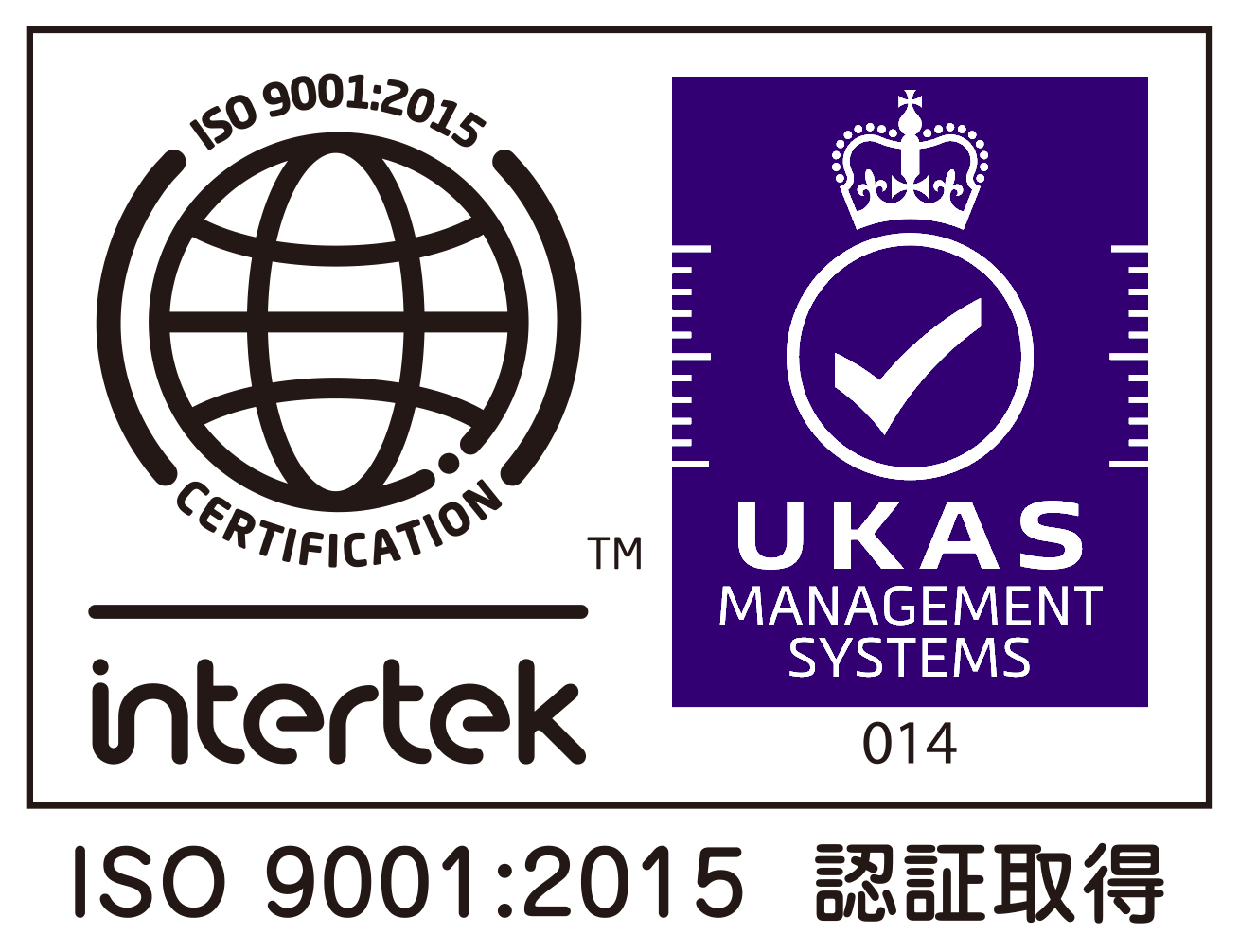Mesh Types and Mesh Sizes
Mesh size, simply put, is the number of openings in 1 inch of a mesh screen.
Did you know that wire mesh sizes depend on the type of mesh used?
Although figuring out the right mesh size for your wire mesh filter can seem daunting at first, the process can be made a lot simpler by referencing our wire mesh size charts.
In this article you will learn about the different types of mesh available and the sizes they come in.
You may view the provided filter mesh size charts to help you choose a filter.
Plain Weave
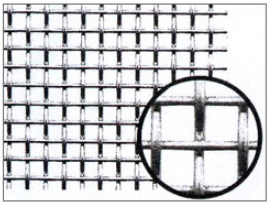
Standard weaving method of woven wire mesh. Vertical and horizontal lines are spaced at regular intervals and cross each other one by one. It is used in an extremely wide range of applications.
Twilled Weave Type
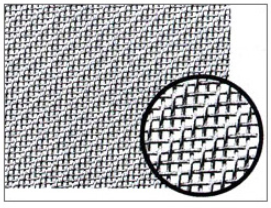
This weaving method is used for weaving relatively high mesh, which is difficult to weave with plain weave. It is also used for wire mesh with a large wire diameter. Vertical and horizontal lines maintain a constant interval and cross over each other by two or more lines.
Plain Dutch Weave
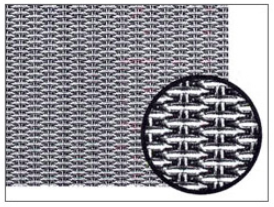
A weave that is woven into a tatami mat shape. Horizontal lines are laid in contact with each other like a flat tatami mat. The thicker the wire diameter, the finer the mesh, resulting in superior water filterability under low pressure and outstanding durability under high pressure.
Twilled Dutch Weave
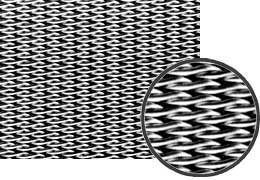
A twill weave, woven in a tatami pattern. In a twill weave, horizontal lines are laid in contact with each other. It can be even denser than plain tatami weave and is used when especially high filtration accuracy is required.
Sintered Mesh Type
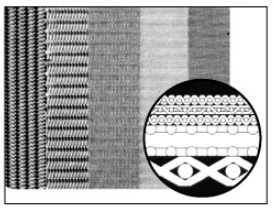
Wire mesh is sintered and welded together. It is used to prevent wires from fraying, and multiple layers of wire mesh can provide uniform and high filtration granularity.
It can be sintered with your desired mesh thickness.
Maximum Size: 100 x 500 mm
Sintered Metal Fiber Cloth Type
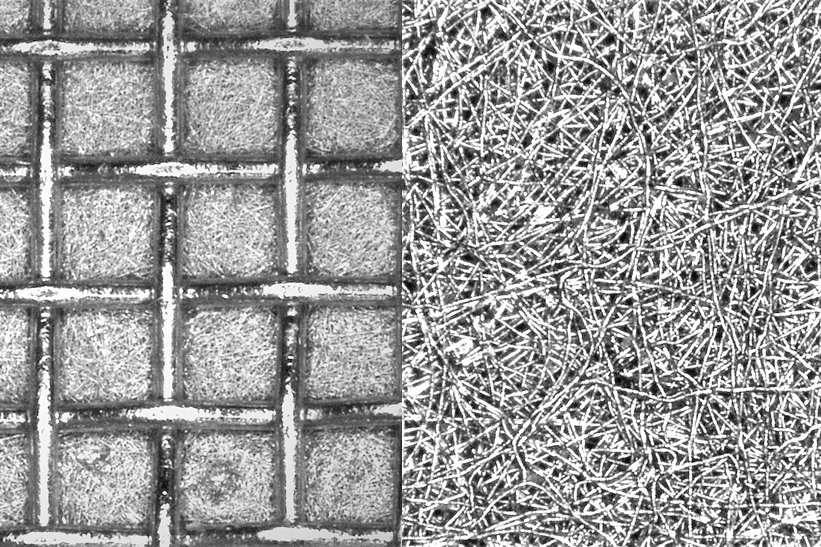
A sintered non-woven fabric composed of micron-sized metallic fibers. It has an internal filtration structure, whereas general wire mesh has a surface filtration structure. It is capable of collecting not only foreign matter but also gel-like fluids.
Despite their high porosity, they have high filtration accuracy from 1 micron, low pressure drop, heat resistance, pressure resistance, and corrosion resistance.
These metallic nonwoven mesh screens extend production life, improve performance, and reduce costs.
Mesh Materials
Now that you know the appropriate mesh size, it’s time to pick your desired mesh material.

